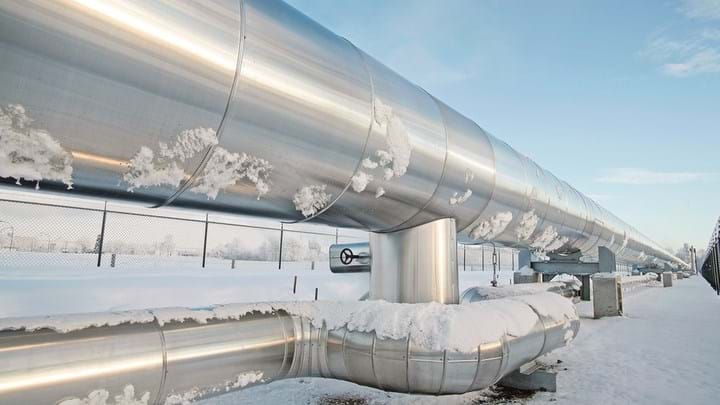Nouryon reduces emissions by increasing its bio-steam supply

NOURYON plans to reduce its CO2 emissions at its salt production site at Hengelo in the Netherlands by increasing its use of bio-steam produced by waste processing company Twence.
Nouryon, formerly AkzoNobel Speciality Chemicals, uses steam to remove the water from brine to produce high-purity salt. Previously, the steam was generated from natural gas, but since 2011 Twence has been supplying Nouryon with steam from its waste-to-energy plant via a pipeline. Due to the biocontent of this waste, half of the steam was deemed to be sustainable. Twence recently started up a new biomass facility which produces fully sustainable steam from waste wood. With the additional supply of bio-steam, Nouryon will be able to save up to 80m m3/y of natural gas and it will reduce CO2 emissions by up to 50,000 t/y.
“Salt is an essential raw material for customers in markets ranging from pharmaceuticals to construction and cars,” said Knut Schwalenberg, Managing Director Industrial Chemicals at Nouryon. “As salt production requires a lot of heat, we continue to focus on improving our energy efficiency and sustainable use of energy.”
Recent Editions
Catch up on the latest news, views and jobs from The Chemical Engineer. Below are the four latest issues. View a wider selection of the archive from within the Magazine section of this site.




